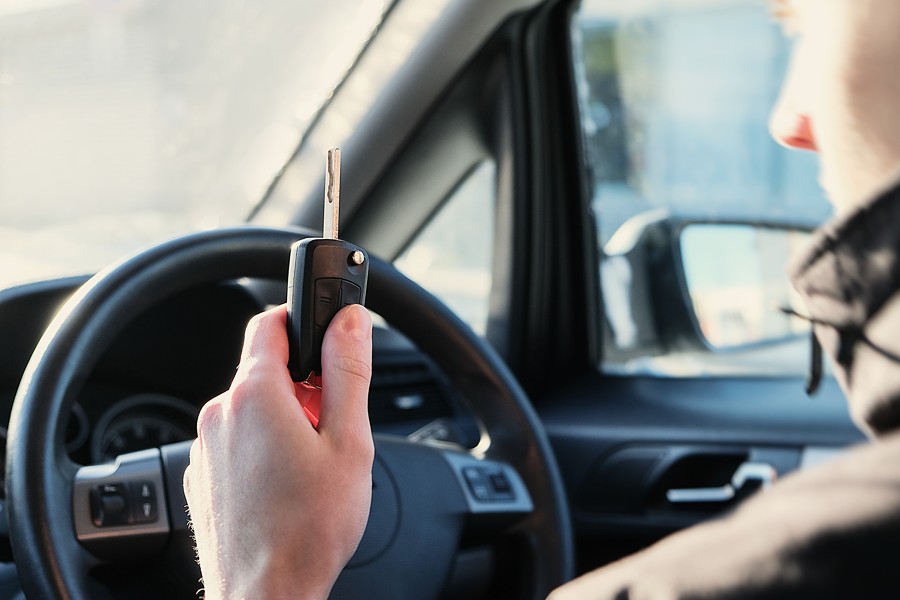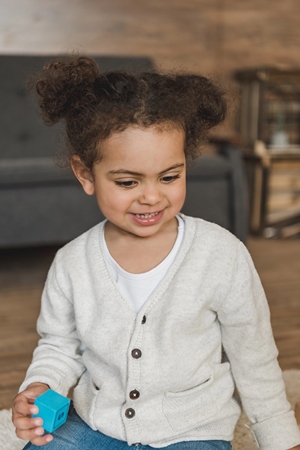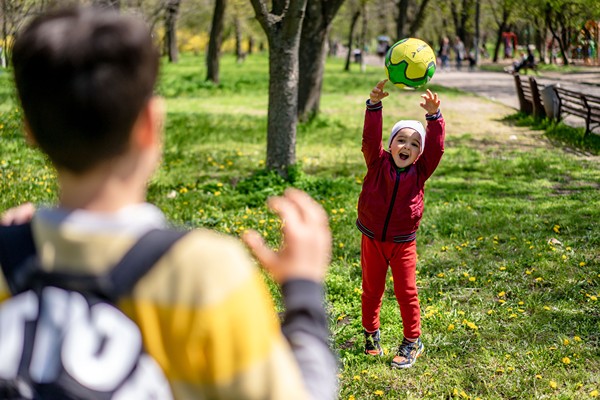How To Balance Freedom and Responsibility for Teen Drivers
Teaching your teen to drive marks a significant milestone in their lives. As a parent, it is crucial to balance giving them newfound freedom with ensuring their safety. This guide offers valuable tips and strategies to help your teen become a confident, responsible, and well-prepared driver for the road ahead.
Lead by Example
As your teenager’s driving instructor, you must be a responsible driver and lead by example even when you’re not conducting a lesson. Model positive behaviors and follow all traffic laws whenever you are behind the wheel, especially when your teen is with you. Teenagers are more likely to mirror good habits when they see their parents doing so. By setting a good example, you help teens develop safe driving habits that will last a lifetime.
Create Learning Opportunities
Opportunities to instruct your teen on traffic laws and driving best practices constantly arise when you’re on the lookout for them. Focus on basic concepts earlier in their training and work up to more complex rules that may occasionally be relevant.
If your teen makes a simple mistake behind the wheel, gently redirect them and teach them what they could have done differently without shaming or humiliating them. Driving practice can also teach teens unique life lessons like responsible decision-making, so use these opportunities to instill good values and behaviors.
Encourage Open Dialogue
As learning opportunities arise, ensure your teen feels comfortable discussing their driving experiences with you. Listen to their concerns and provide constructive feedback. By maintaining an open dialogue, you can address any issues early on and ensure they understand the importance of responsible driving.
Set Boundaries and Consequences
It’s crucial to set clear rules and expectations for your teen driver. Discuss what is expected of them and the specific boundaries they must adhere to, such as curfews or passenger limits. Consider drafting a pledge between you and your teenager that states they will follow your rules until they are ready to gain more responsibility.
Set natural consequences in the event your teen breaks the pledge, such as taking their keys when they are caught committing risky behavior. Consistent enforcement helps them understand that driving is a privilege that comes with responsibilities.

Monitor Their Behavior
To determine if you can trust your teenager to drive on their own, monitor their driving habits without being overly intrusive. The simplest way to accomplish this is to be with them in the car as they drive and take note of their behaviors. When you cannot be present, use technology like GPS tracking or apps that monitor driving behavior to ensure they follow traffic rules and any boundaries you’ve set.
Frame monitoring tools as safety protocols for their protection, not as a 24/7 surveillance device. Regularly check in with them to discuss their driving experiences and any challenges they may be facing.
Warn Them of Risky Driving
Teens are more likely to engage in reckless driving and are more at risk for fatal car accidents than any other age group. Teach your teenager the dangers and consequences of severe driving offenses, such as property damage, jail time, and increased insurance rates. Reinforce the importance of making safe driving choices whenever they get behind the wheel.
Balancing freedom and responsibility for teen drivers requires a mix of guidance, communication, and supervision. Following these steps can help your teen become a confident and responsible driver.












